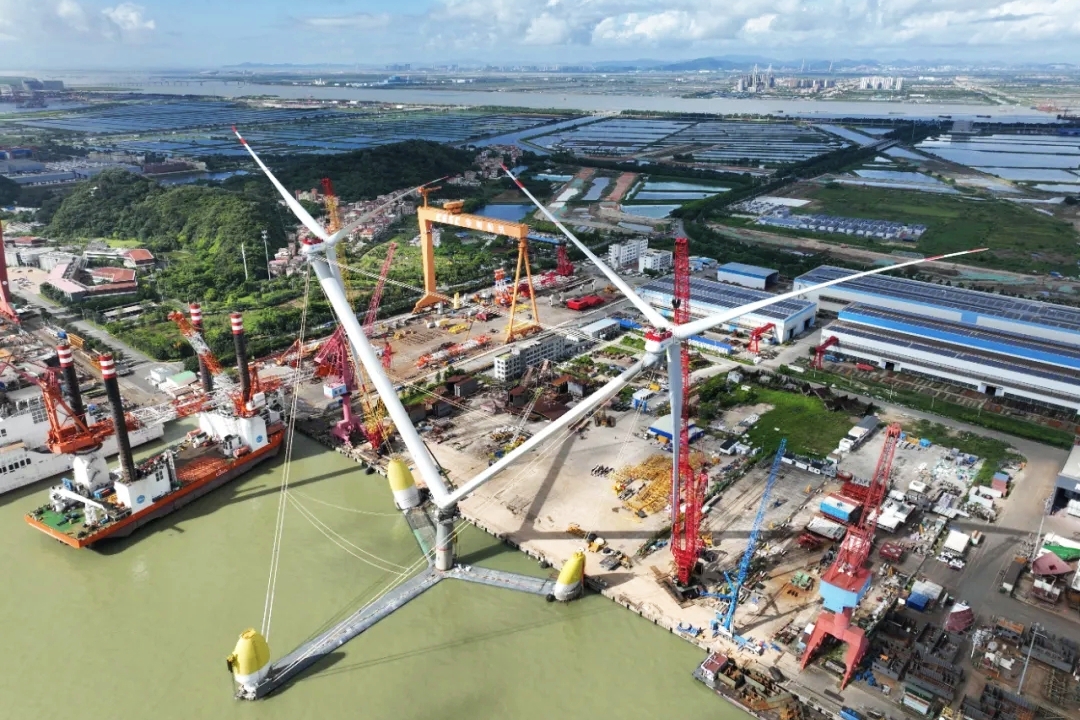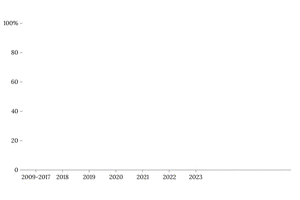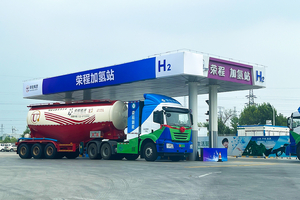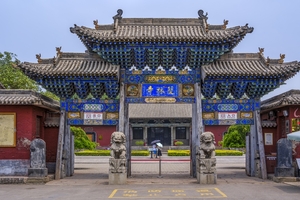Energy Insider: Beijing Poised to Regulate Solar, World’s Largest Floating Wind Power Platform Unveiled
Listen to the full version

In this week’s Caixin energy wrap, we analyze China’s biggest climate and energy news on policy, industry, projects and more:
● Beijing is poised to regulate solar industry● Largest floating wind power platform unveiled
● China to enhance the supply of green technologies
● Chinese automakers dominate Israel’s market
● Beijing mulls safety probes into energy storage plants

Download our app to receive breaking news alerts and read the news on the go.
Get our weekly free Must-Read newsletter.
- DIGEST HUB
- Beijing plans to regulate the solar manufacturing industry and address overcapacity concerns.
- China unveiled the world's largest floating wind power platform, capable of powering 30,000 households annually.
- Chinese automakers led Israel’s car sales in H1 2024, comprising over 68% of EV sales.
In this week’s Caixin energy wrap, several significant developments are highlighted in China’s climate and energy sectors [para. 1]. Key news includes Beijing’s intent to regulate the solar industry, the unveiling of the largest floating wind power platform, strategies to enhance the supply of green technologies, the dominance of Chinese automakers in Israel’s market, and potential safety investigations into energy storage plants [para. 1].
China is proposing tighter regulations for the solar manufacturing industry to address overcapacity. The Ministry of Industry and Information Technology (MIIT) released a draft amendment on July 9, setting higher investment requirements than those established in 2021 [para. 6]. A notable change raises the minimum capital ratio for new solar production capacity to 30%, reflecting a broader concern over capacity beyond just polysilicon [para. 7]. The move follows warnings from major solar manufacturers and aims to curb the rapid expansion of “low-end” manufacturing capacities, as reinforced by the National Energy Administration (NEA) [para. 8][para. 9].
A floating wind power platform, the largest globally, constructed in Guangzhou was completed on July 3. Named OceanX, it has a capacity of 16.6 megawatts and can generate enough electricity to power 30,000 households annually [para. 12][para. 13]. This platform is part of China’s 2021-2025 Five-Year Plan aimed at promoting deep-water wind power projects, made cost-effective through new materials and technologies [para. 14][para. 15].
Chinese automakers are leading the car sales market in Israel, surpassing Korean and Japanese brands. In the first half of 2024, Chinese brands accounted for a significant portion of Israel’s EV market [para. 17][para. 18]. Specifically, Chinese brands made up 68.31% of the EVs sold with 26,803 vehicles [para. 18]. This dominance is driven by China's position as the world’s top auto exporter and the growing demand for new-energy vehicles. Despite facing higher tariffs from the EU and the U.S., Chinese automakers plan to expand their presence in other international markets [para. 19][para. 20].
China is focusing on boosting the supply of green technologies, intending to advance sectors like hydrogen energy, green data centers, and energy storage. Zhao Zhiguo, MIIT’s chief engineer, emphasized initiatives to create green supply chains in various sectors [para. 22]. This commitment aligns with the country’s broader energy transition goals, targeting industrial sectors responsible for 70% of China’s energy consumption and 40% of its carbon emissions in 2022 [para. 23][para. 24]. Increasing energy efficiency while fostering innovation is crucial to China’s sustainability efforts [para. 24].
Beijing is also considering probing energy storage stations to eliminate fire risks following several incidents of fires globally [para. 26]. Discussions have been held with industry stakeholders to identify and mitigate potential hazards [para. 26]. China’s energy storage market, primarily dependent on lithium-ion technology, grew significantly with 22.6 gigawatts of new capacity installed in 2023 [para. 28]. Ensuring the safety of these installations is critical as fires could cause significant damage, blackouts, and pollution [para. 28].
Overall, these updates underscore China’s proactive measures across various segments of its energy sector, addressing overcapacity, promoting renewable energy projects, leading international markets, and ensuring safety while transitioning to greener technologies [para. 2][para. 4][para. 10][para. 16][para. 25][para. 27].
- Mingyang Smart Energy Group Ltd.
- Mingyang Smart Energy Group Ltd. is the manufacturer of the world's largest floating wind power platform, OceanX. The platform, with a 16.6 megawatts capacity, can operate in water deeper than 35 meters and is capable of powering 30,000 average households annually once fully operational. The platform's construction was completed on July 3, 2024, in Guangzhou, and it utilizes new materials and technologies to significantly reduce costs.
- First half of 2024:
- Chinese automakers dominated Israel's car market, leading in both fossil-fuel powered vehicle and EV sales from January through June 2024.
- By June 2024:
- Bosses of some of China’s largest solar manufacturers warned of interim overcapacity and called for greater government intervention at a trade conference in Shanghai.
- July 3, 2024:
- Construction of the world's largest floating wind power platform, OceanX, was completed in a shipyard in Guangzhou.
- July 5, 2024:
- Zhao Zhiguo, chief engineer of MIIT, announced China's plan to enhance the development and supply of green technologies and equipment during a press conference.
- July 6, 2024:
- Xinhua reported that Chinese automakers sold 34,601 vehicles in Israel in the first half of 2024.
- July 9, 2024:
- The Ministry of Industry and Information Technology (MIIT) published a draft amendment to tighten regulations for solar manufacturing.
- PODCAST
- MOST POPULAR







 Sign in with Google
Sign in with Google
 Sign in with Facebook
Sign in with Facebook
 Sign in with 财新
Sign in with 财新